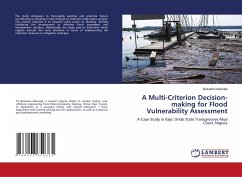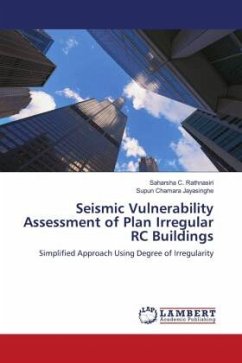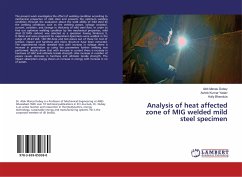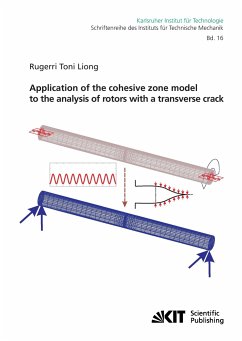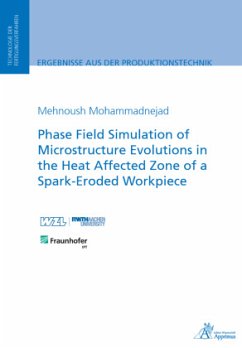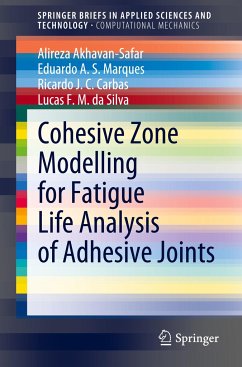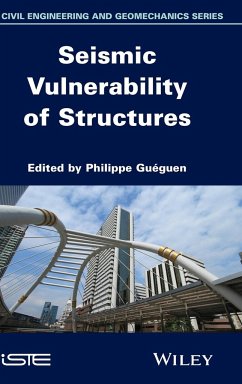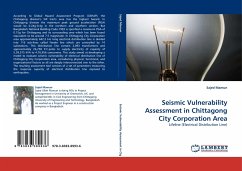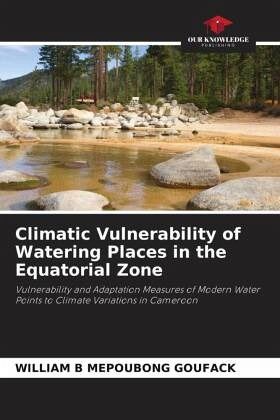
Climatic Vulnerability of Watering Places in the Equatorial Zone
Vulnerability and Adaptation Measures of Modern Water Points to Climate Variations in Cameroon
Versandkostenfrei!
Versandfertig in 6-10 Tagen
36,99 €
inkl. MwSt.

PAYBACK Punkte
18 °P sammeln!
In order to sustainably contribute to access to drinking water in the equatorial zone, it is necessary to take into account the vulnerability of modern water points (MWPs). From the results of the work carried out in the Commune of Djoum on: the risk factors of potential impacts of climatic variations on MEPs; floods, intense rains and drought are the main risk factors (sensitivity of wells and boreholes to drought are respectively 69.44% and 55%; to floods of 39% and 30% and to intense rains of 98% and 96%) From the evaluation of the level of vulnerability of the EMP, wells are the most vulne...
In order to sustainably contribute to access to drinking water in the equatorial zone, it is necessary to take into account the vulnerability of modern water points (MWPs). From the results of the work carried out in the Commune of Djoum on: the risk factors of potential impacts of climatic variations on MEPs; floods, intense rains and drought are the main risk factors (sensitivity of wells and boreholes to drought are respectively 69.44% and 55%; to floods of 39% and 30% and to intense rains of 98% and 96%) From the evaluation of the level of vulnerability of the EMP, wells are the most vulnerable (63% against 50% of boreholes) and where 23% of boreholes are resilient to climatic hazards against 16% of wells. The absence and non-functioning of management committees (COGES) in 82% of the EMPs, as well as the proximity of the EMPs to latrines (15.6% of EMPs) and their position on gullies (3%) are factors that increase sensitivity to climate vulnerability. Of the adaptation measures identified, the vulnerability studies of the EMPs during the feasibility studies and other measures are measures without and with low regrets formulated.




